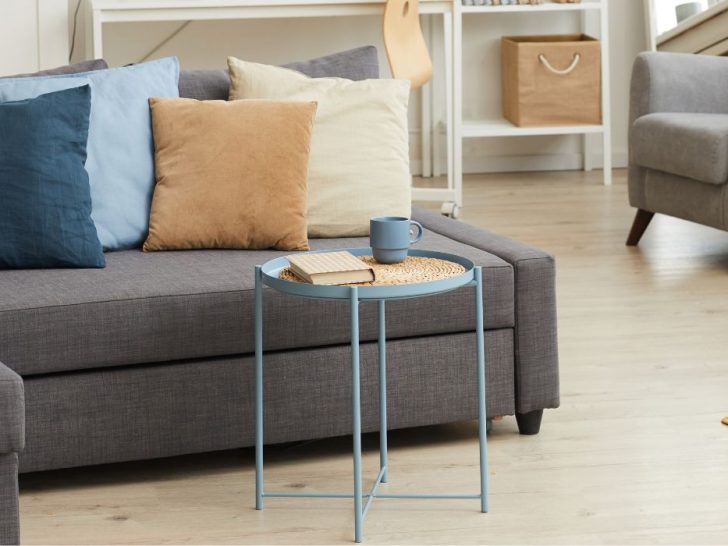THE ONE ESSENTIAL DIFFERENCE BETWEEN MINIMALISM AND DECLUTTERING
Have you ever wondered about the relationship between Minimalism and decluttering? Can you declutter if you’re not a Minimalist and can you adopt Minimalism if you don’t declutter? Here are some thoughts on the one essential difference between Minimalism and decluttering so you can get the most out of both!
WHAT IS DECLUTTERING?
Decluttering is a really popular way of getting rid of your unwanted and unnecessary stuff. You can declutter your home so that it’s simpler and easier to look after and there’s less clutter in it generally. You only keep what you love, use and adds value.
Decluttering is a tool or an action.
It allows you to clear away anything that’s not important in your life. Yes, you can declutter not just your home, but your calendar, your finances, your computer, your food, your mind and so on. In fact, you can declutter just about anything. So then, where does Minimalism come into it?
WHAT IS MINIMALISM?
Minimalism is an approach where you continuously make deliberate, purposeful and intentional decisions about what’s important to you and what’s not. You only keep and let in to your life, and your home, what you consider to be important and valuable enough to have a place.
Minimalism is the general paradigm for your life. It is a lifestyle choice that impacts every decision and action you take.

THE DIFFERENCE BETWEEN DECLUTTERING AND MINIMALISM
Decluttering is just one tool or action to help you live a Minimalist lifestyle. This is the key to understanding the difference between Minimalism and decluttering.
It’s a subtle but vital difference which you might understand more if you consider this thought…
It’s possible to declutter without being a Minimalist
But…
It’s not possible to be a Minimalist without decluttering.
DECLUTTERING AS A FIRST STEP TO MINIMALISM
Decluttering is a vital first step to becoming minimalist and the easiest way of seeing the greatest impact in a short space of time. If you’re thinking of becoming Minimalist, then decluttering is a great first step to taking action.
HOW TO THINK LIKE A MINIMALIST
If you’re looking to become more Minimalist, then one key thing that will help you understand and stick to the lifestyle, is to start to think like a Minimalist. Check out my other post on how to think like a Minimalist to help you do just that!
RESOURCES FOR MINIMALIST LIVING
If you’d like to explore what a Minimalist lifestyle could mean for you, here are some resources which you might find helpful:
- What is Minimalism – and a few things it’s not.
- 9 lessons I’ve learned from Minimalism
- 20 reasons to own less stuff – the benefits of less stuff and more life.
- 35 journal prompts for decluttering your home and life
- 5 life-changing benefits of decluttering your home and life – taking your first step.
- Declutter Starter Kit – a free guide and workbook to help you understand the what, why and how of decluttering. Projects, tips and guidance to clear the clutter in your home and life.
- Your Intentional Life – a free 7-day email challenge to help define your priorities and begin your intentional living journey.

